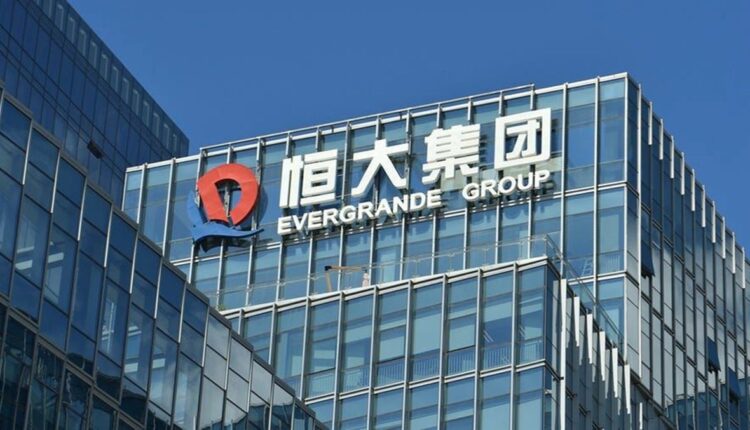On Monday, a court in Hong Kong ordered the liquidation of the real estate development giant Evergrande, which has been experiencing financial difficulties, after it failed to present a convincing plan for its restructuring. This led to a collapse of its shares in the stock market.
The Evergrande Group was the largest real estate development company in China. However, it accumulated debts exceeding 300 billion dollars, turning it into a symbol of the ongoing real estate crisis that has persisted for several years in the world’s second-largest economy.
Judge Linda Chan stated that in light of “the clear absence of any progress by the company to present a feasible restructuring plan… I find it appropriate for the court to order the company’s liquidation, and that is what I am directing.”
In the afternoon, the judge will present the details of her ruling and may appoint a supervisor to oversee the liquidation of the company.
Following the announcement of the company’s liquidation, its share value plunged by more than 20 percent on the Hong Kong stock exchange, where trading of its shares was subsequently suspended.
The Hong Kong Stock Exchange announced that “trading in shares of Evergrande Property Services Group was suspended at 10:19 AM (2:19 AM GMT),” and also suspended trading in shares of its electric vehicle subsidiary, “Evergrande NEV.”
Last year, one of the creditors submitted a liquidation request against the real estate development group to a court in Hong Kong, but the process took some time, as both parties were attempting to negotiate an agreement.
The Chinese authorities have been monitoring with concern the decline of Evergrande, given the significant impact of the real estate sector on the Chinese economy.
The group encountered difficulties in making payments for the first time in 2021, and declared its bankruptcy in the United States.
The construction and real estate sector accounted for approximately a quarter of China’s total GDP. However, President Xi Jinping viewed the mounting debts of “Evergrande” and other property firms as posing an unacceptable risk to the Chinese financial system and the overall health of the economy.
Since 2020, the authorities have gradually reduced the ability of real estate developers to obtain loans, resulting in a number of companies facing difficulties in repaying their debts.
By the end of June, “Evergrande” estimated its debt to be at $328 billion.


















